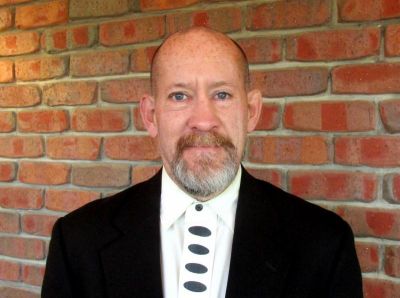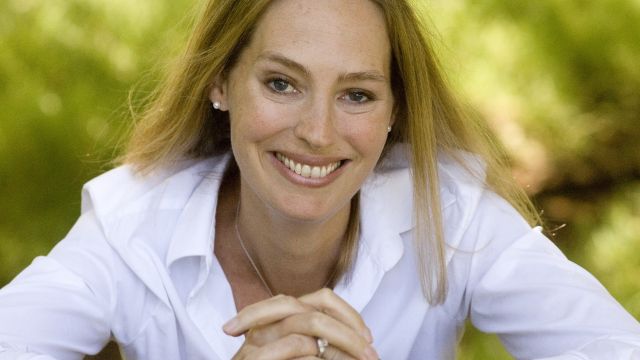Stones in their Pockets
Stones in their Pockets is the result of a meeting between two talented and highly professional performers, set up by Judith Barr, and with the offer of a venue by Stuart Maunder.
The poems and diary extracts were printed in full in the Stones in their Pockets program and this offered the audience a chance to tune in more fully to Emily Dickinson and Virginia Woolf’s thoughts and writing. This meeting turned into an opportunity for us all to enjoy Barr’s beautiful voice and appreciate Webb’s skill as a pianist and accompanist.
Dickinson’s brief poems encapsulate a life that showed a keen observation and love of nature. This appreciation of nature and its beauty was clearly shown in “Nature, the Gentlest Mother”and was immediately challenged by a wilder more threatening view of nature’s powers in “There Came a Wind Like a Bugle”. Dickinson’s struggle against her contemporary society’s view of women and the expectation that women would conform to both social and religious expectations was explored in the third poem, the music and Barr’s singing reinforcing the question Dickinson struggled with throughout her life: ‘Why do they shut me out of Heaven – did I sing too loud?’
Dickinson’s feeling of separation from the ‘norm’ was intensely real in Barr’s performance. The poet’s sense of there being a spiritual reality if not a religious one came through in “I’ve Heard an Organ Talk Sometimes” while Copland’s score and Webb’s playing reinforced the idea of an organ playing in a church.
Dickinson’s poem “I Felt a Funeral in My Brain” sounds more like a title from the 20th century than the 19th and the description of depression and isolation is extremely powerful. Again, Webb’s accompaniment made the audience aware of the sense of doom that she felt was overpowering her, through the regular drum-like beat behind the melody - “… a service like a drum/Kept beating til I thought my mind was going numb.” The final poem carries the weight of her desire to die; “Because I would not stop for Death, He kindly stopped for me.”
Webb and Barr produced a performance that was both powerful and tender. I hadn’t heard any of Copland’s song music and this was an excellent introduction to it.
 The second part of the recital concentrated on eight diary extracts written by Virginia Woolf; prose, but poetic prose and it very much pulled the listener into the moment and into Woolf’s own stream of consciousness. Starting with the decision to write a diary and thinking about what this diary should be like, the songs added a soundtrack to the ups and downs of her thoughts and emotions.
The second part of the recital concentrated on eight diary extracts written by Virginia Woolf; prose, but poetic prose and it very much pulled the listener into the moment and into Woolf’s own stream of consciousness. Starting with the decision to write a diary and thinking about what this diary should be like, the songs added a soundtrack to the ups and downs of her thoughts and emotions.
“Anxiety” describes for us how she sees her life as a permanent battle to appreciate what she has, with the understanding that she could fall off the path and into the abyss at any moment. “And with it all how happy I am – if it weren’t for my feeling that it’s a strip of pavement over an abyss.”
I loved “Rome”, which was full of the acutely humorous observations Woolf was so good at. Barr demonstrated her talent for getting the joke across to the audience and achieving an appreciative laugh from us all. Argento’s music conjured up a Roman café in 1935 without losing the style that linked all the extracts together.
The most lyrical song was “Parents”, which was simply beautiful, filled with nostalgia and a longing for a world that is more understandable and negotiable than the one Woolf was living in, in 1940. Finally there was the bitter sweetness of the “Last Entry”, noting her own despondency and grasping for any reason to continue living, she observes, “I think it is true that one gains a certain hold on sausage and haddock by writing them down.”
I congratulate Barr and Webb for choosing these two song cycles. Not only did I experience a beautiful afternoon of music but I also reacquainted myself with two wonderful if troubled women writers.
Sally Putnam
Subscribe to our E-Newsletter, buy our latest print edition or find a Performing Arts book at Book Nook.

